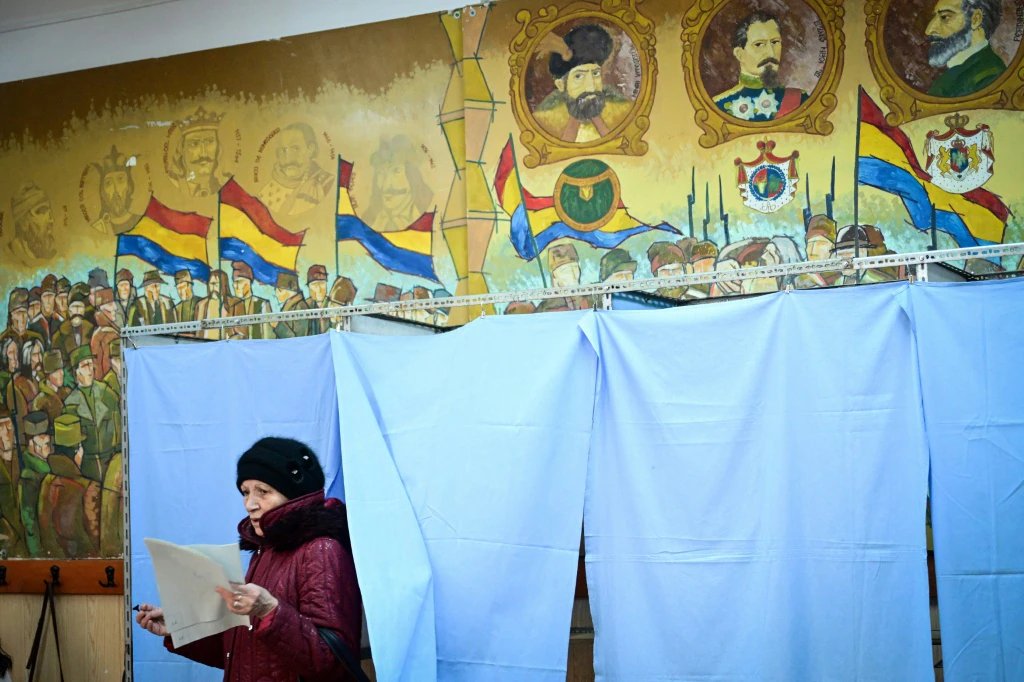Escalating Tensions: Beirut Under Fire Again
Amid increasing conflict, Israel continues airstrikes in Beirut, citing Hezbollah targets. Civilians seek refuge as destruction escalates, and diplomatic solutions seem distant.
Published November 18, 2024 - 00:11am

Image recovered from arabnews.com
In a continuation of recent hostilities, Israel launched more than a dozen airstrikes on the southern suburbs of Beirut, with the areas of Chiyah, Ghobeiri, and Haret Hreik bearing the brunt of these attacks. The dense urban fabric of these neighborhoods, where many families hoped to find respite from the conflict, is now a complex landscape of rubble and ruin. The Israeli military warned civilians to evacuate, yet the destruction was unavoidable for many who have lost everything.
Residents describe a surreal landscape where recognizable landmarks have been obliterated. Kamel, a longtime resident, expressed his grief and confusion amid his devastated neighborhood. He questioned the rationale behind targeting areas devoid of apparent military presence, populated only by everyday families seeking affordable living. The emotional and physical toll on these communities is immeasurable, leaving many to question their future and the possibility of rebuilding their lives.
To compound the human tragedy, additional airstrikes south of the city targeted areas near the headquarters of the Supreme Islamic Shia Council and in other densely populated urban centers. The strikes resulted in severe casualties, injuring many including an 18-year-old, Safia, who sustained a head injury despite following evacuation procedures. The humanitarian crisis deepened with reports of fatalities from numerous villages across southern Lebanon, a region constantly gripped by the threat of further bombardment.
Hezbollah's involvement and its skirmishes with Israeli forces near the southern border intensify this already volatile situation. As tensions mount, so do fears of broader regional destabilization, compounded by Hezbollah's launch of drones and missile attacks on Israeli military installations. These aggressive exchanges underline the fragility of any prospects for ceasefire or peace negotiations.
The impact of the conflict is felt acutely by Lebanon's civilian population, who, unlike in Israel, lack basic protective infrastructure such as bomb shelters. The stark contrast is evident as churches become makeshift sanctuaries for those seeking protection, highlighting the dire humanitarian need.
Amid these military maneuvers, the political and geopolitical implications are profound. The airstrikes have stalled diplomatic overtures, leaving a burgeoning humanitarian crisis unaddressed and further entrenching a cycle of retaliation. International response remains crucial yet lackluster, as global powers grapple with their strategic interests in the region.
Simultaneously, in Israel, security concerns escalate as incidents involving drone and projectile strikes targeting high-profile figures like Prime Minister Benjamin Netanyahu bring internal security into sharp focus. Israeli defense officials decried these incidents as severe provocations, underscoring the lengths to which adversarial forces might go to project power and intimidate political establishments.
The overarching narrative of violence and counter-violence thus paints a grim picture for Lebanon and Israel. The resonating echo of justice and security remains elusive, as affected communities demand answers and accountability. While military and political leaders strategize behind closed doors, the immediate human suffering continues unabated, demanding immediate and compassionate international attention and intervention.



/origin-imgresizer.eurosport.com/2024/11/27/4066466-82466984-310-310.jpg)



